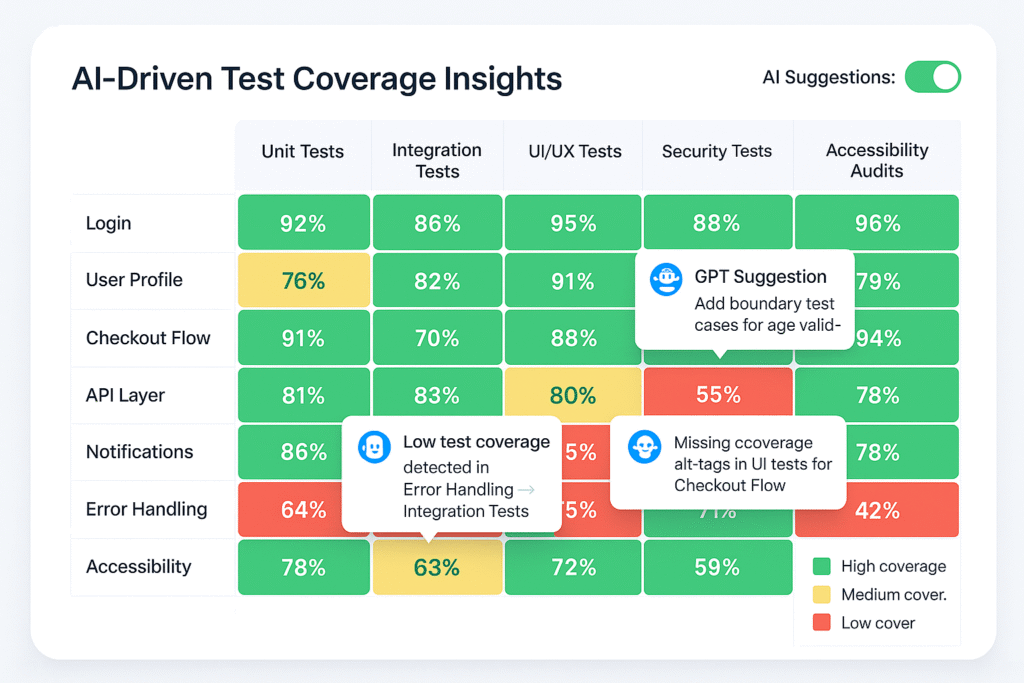
Sam Altman has long been a key figure shaping the conversation around artificial intelligence. As the CEO of OpenAI and chair of Tools for Humanity, he now finds himself addressing rising concerns over how emerging technologies handle personal privacy. His message, however, is one of patience: the technology, and society’s relationship with it, is still in its early stages.
Rather than rushing to regulate AI, Sam Altman argues that people need time to understand how these tools fit into their lives — and how they can be protected without slowing innovation.
Privacy Concerns Over World Network Project
One example at the heart of the discussion is Tools for Humanity’s World Network project, which uses iris scans to verify online identities. Through an orb-shaped scanner, users can confirm they are human, an increasingly important challenge as AI systems become capable of fooling traditional tests like CAPTCHA.
World Network, which evolved from the original Worldcoin project, has faced investigations from regulators in countries including Germany, Brazil, Kenya, South Korea, and Spain. Concerns over how biometric data is collected, stored, and used have led to demands for stricter oversight, fines, and even data deletion in some regions.
Addressing these concerns, Altman acknowledged that public skepticism is natural when dealing with new and unfamiliar technologies.
“As people get more comfortable with what this is about and why we’re doing it, we’ve been very pleased to see how people say, ‘Oh, actually, this is a new approach to privacy, and in some cases, it’s much better than what we had before,'” Altman explained.
Sam Altman: Tech Leaders Are Taking Privacy More Seriously
Sam Altman emphasized that privacy is no longer an afterthought for technology companies. In his view, today’s tech leaders are far more focused on protecting user data compared to earlier phases of the internet’s development.
“I am not sure where the perception comes from,” he said. I guess in a previous generation of the internet, maybe it was not as universally acknowledged how important this is, but certainly now I see nothing but extreme focus from boards and CEOs on this.
He also stressed the need for technology companies to do a better job demonstrating that commitment to the public, suggesting that building trust is as important as building new tools.
Protecting Privacy in an AI-Driven World
The biometric identity verification used in World Network is paired with advanced cryptography that, according to Tools for Humanity CEO Alex Blania, ensures users remain anonymous across different platforms. Data is processed in a distributed system rather than being stored in a single database, and the use of knowledge proofs enables secure verification without revealing personal information.
“Whenever someone is verifying their World ID, that means that you are, in fact, fully anonymous to the platform,” Blania said. “Even between platforms, you stay anonymous.”
Blania stressed that the responsible development of such technologies must include collaboration with regulators. He urged more engineers and technologists to work within regulatory bodies to help bridge the knowledge gap and ensure that laws keep pace with innovation.
According to Blania, widespread adoption will be crucial for the success of privacy-focused solutions like World Network.
Balancing Innovation and Regulation
While Sam Altman supports the idea of responsible oversight, he cautioned against imposing broad, restrictive regulations on AI too soon. OpenAI has encouraged lawmakers in the U.S. and Europe to adopt flexible approaches that allow innovation to flourish, warning that overly rigid rules could put entire industries at a disadvantage.
That said, Altman admitted there are emerging areas where targeted regulation is becoming necessary. One example he highlighted was the way people increasingly confide private information to AI systems, treating them much like therapists, doctors, or lawyers.
“In other contexts, if you talk to a therapist or a doctor or a lawyer, we have a concept of privilege,” he said. “We don’t have that yet for AI systems, and yet people are using it in a similar way.”
Sam Altman suggested that new legal frameworks must be created to address these types of interactions, ensuring that personal information shared with AI is protected.
Consumer Expectations Are Changing
Recent surveys show that consumer attitudes reflect a growing expectation for ethical AI development. A 2024 poll found that only 56% of consumers in Germany, Australia, the United Kingdom, and the United States believe retailers can ensure data privacy when deploying AI-powered tools. Meanwhile, nearly 80 percent agreed that companies must prioritize ethical use of AI.
At the same time, the cybersecurity industry is preparing for a major shift, with the market for AI-powered cybersecurity solutions projected to grow from over $30 billion in 2024 to nearly $134 billion by 2030.
This creates a complicated landscape: while AI offers new tools to defend against cyber threats, it also demands new standards of privacy and accountability.
Conclusion
For Sam Altman, crossing this moment is not about ignoring risks or rushing forward blindly. Instead, he calls for a thoughtful, deliberate approach that allows space for innovation while building protections based on real-world use and experience.
As artificial intelligence continues to weave deeper into daily life, Altman’s push for patience could shape not just how AI evolves, but how society chooses to live with it.
Source: Read More



